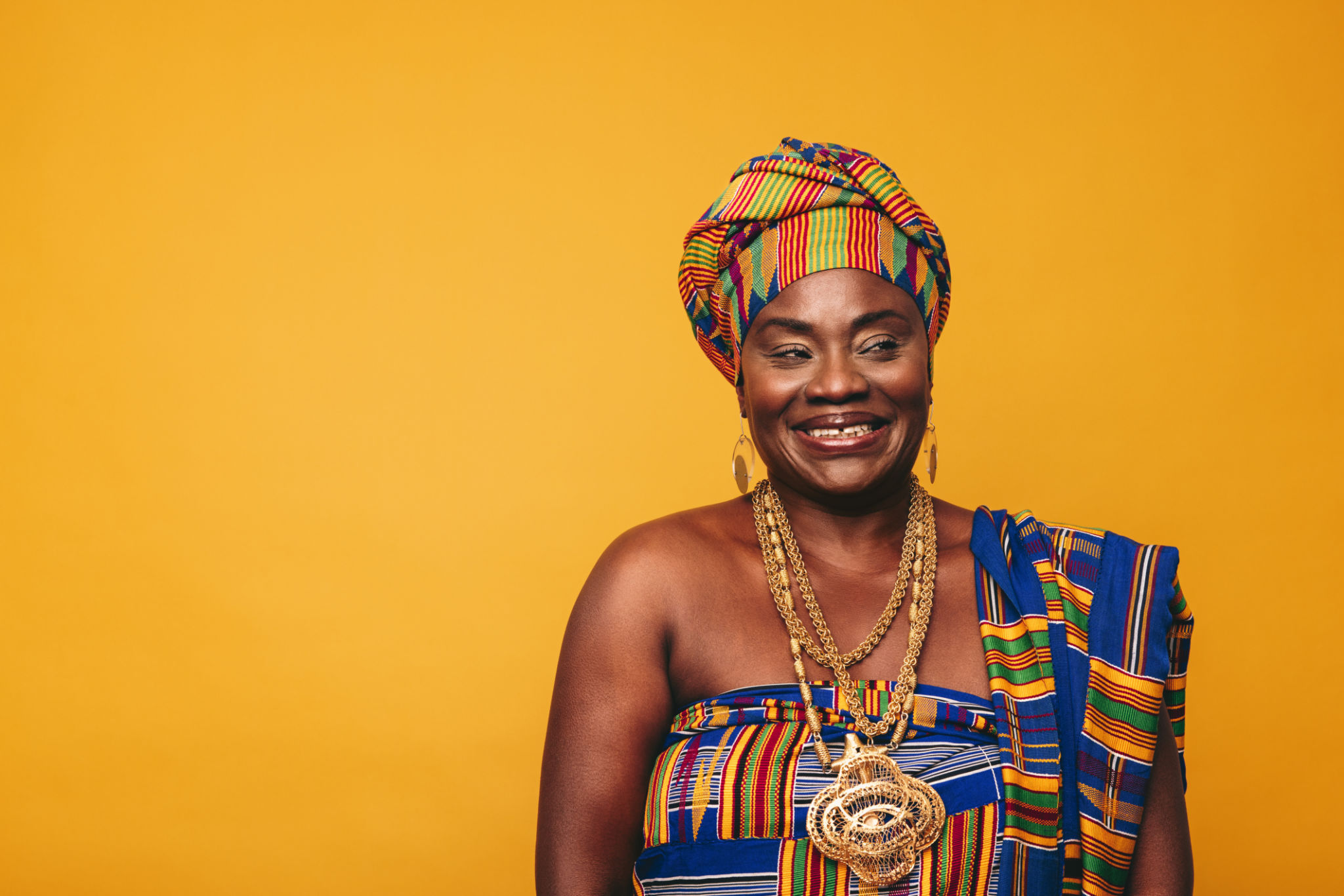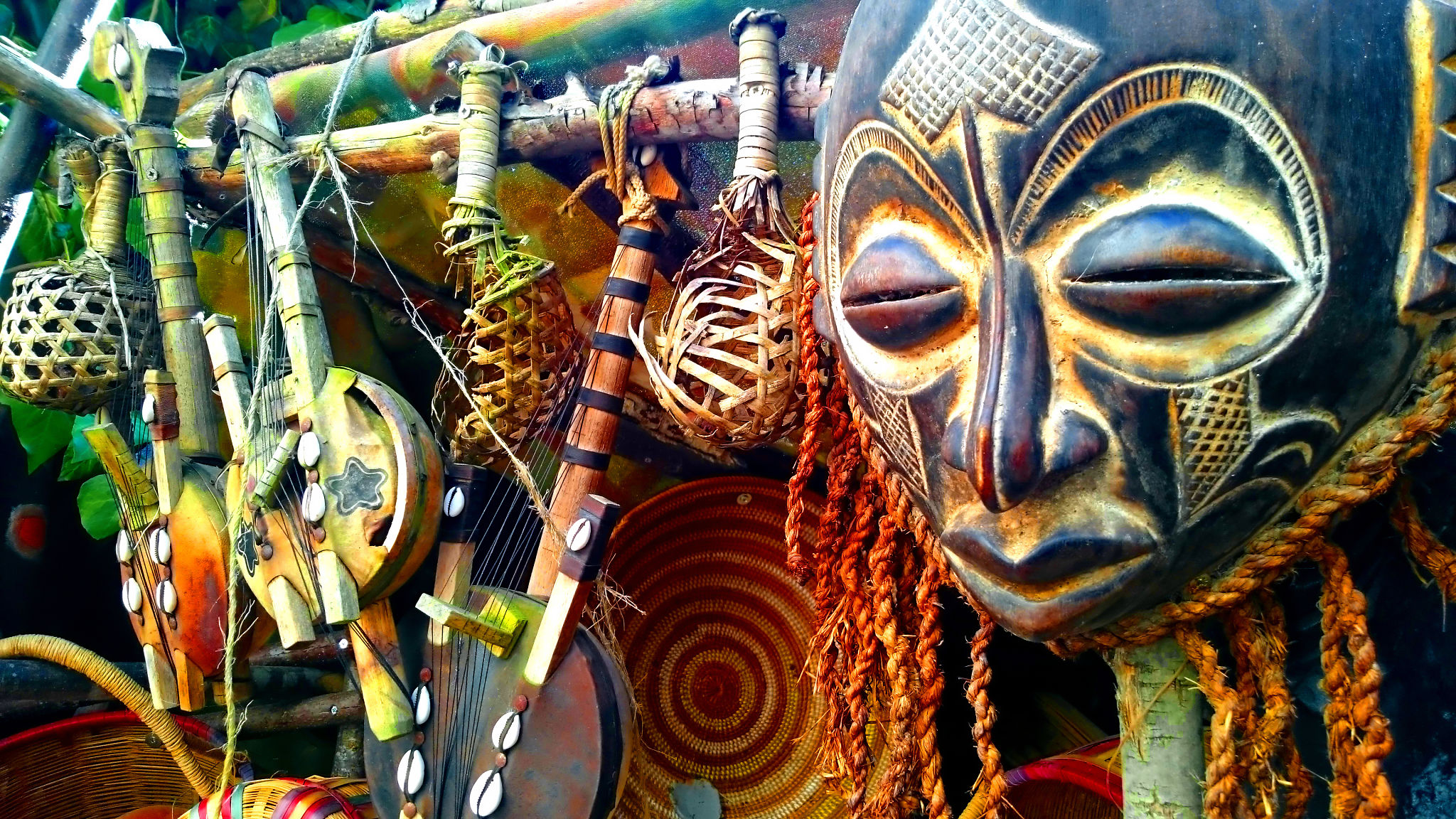Exploring African Heritage Through Fraternal Organizations
Understanding the Roots of African Fraternal Organizations
Fraternal organizations have long played a significant role in preserving and promoting African heritage. These groups, often formed around shared cultural, social, and economic interests, provide a platform for individuals to connect with their roots and celebrate their identity. With a rich history dating back to the early 20th century, these organizations have become vital in fostering community ties and preserving traditions.
Many of these organizations were established during times of significant social change, offering a sense of belonging and mutual support. They serve as custodians of cultural practices, ensuring that younger generations remain connected to their ancestry. By participating in various activities and events, members gain a deeper understanding of their heritage and contribute to its preservation.

The Role of Rituals and Ceremonies
Rituals and ceremonies are central components of fraternal organizations, acting as powerful tools for cultural transmission. These events often include traditional music, dance, and storytelling, allowing members to experience the richness of African culture firsthand. Such gatherings not only reinforce community bonds but also offer opportunities for learning and personal growth.
Moreover, these rituals often incorporate elements of historical significance, connecting members to pivotal moments in African history. By participating in these ceremonies, individuals gain a deeper appreciation for their heritage while honoring the struggles and triumphs of their ancestors.

Promoting Education and Leadership
Fraternal organizations are also instrumental in promoting education and leadership within the African community. Many groups offer scholarships, mentorship programs, and leadership training to empower members with the skills needed to succeed in various fields. These initiatives help bridge educational gaps and foster a sense of pride in one's cultural identity.
Leadership development is particularly emphasized, with organizations encouraging members to take on roles that enhance their personal growth and contribute to the community at large. By nurturing future leaders, fraternal organizations ensure the continued vitality of African heritage.

Community Engagement and Social Impact
Beyond cultural preservation, fraternal organizations play a crucial role in community engagement and social impact. They often spearhead initiatives aimed at addressing social issues such as poverty, healthcare, and education within African communities. Through volunteer work and advocacy, these groups strive to make a positive difference in the lives of their members and the broader society.
By leveraging their collective resources and networks, fraternal organizations amplify their impact, driving meaningful change and fostering solidarity among community members. Their efforts not only uplift individuals but also strengthen the fabric of society as a whole.

Celebrating Diversity Within Fraternal Organizations
While fraternal organizations are united by a common goal of preserving African heritage, they also celebrate the diversity within their ranks. Members hail from various backgrounds and regions, bringing unique perspectives and experiences to the table. This diversity enriches the organization's activities and fosters an inclusive environment where all voices are heard.
The exchange of ideas and cultural practices among members enhances mutual understanding and respect. It also highlights the dynamic nature of African heritage, which continues to evolve while staying rooted in tradition.

The Future of African Fraternal Organizations
As society continues to change, fraternal organizations face new challenges and opportunities. Adapting to modern contexts while staying true to their mission is essential for their survival and growth. Embracing technology, for instance, can help these groups reach wider audiences and engage younger generations in innovative ways.
By staying relevant and responsive to the needs of their communities, fraternal organizations can ensure that African heritage remains vibrant and influential for generations to come. Their enduring legacy is a testament to the power of collective action and cultural pride.
